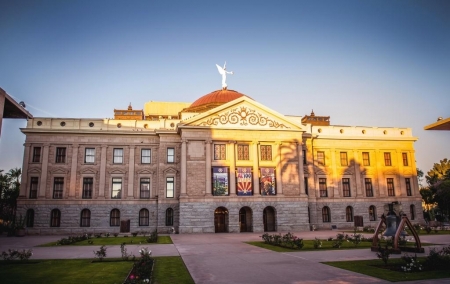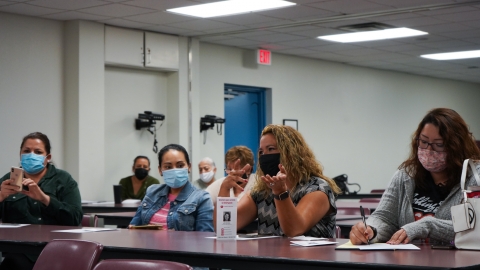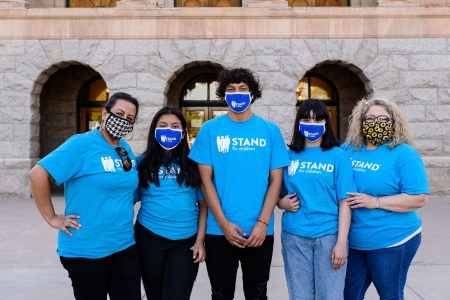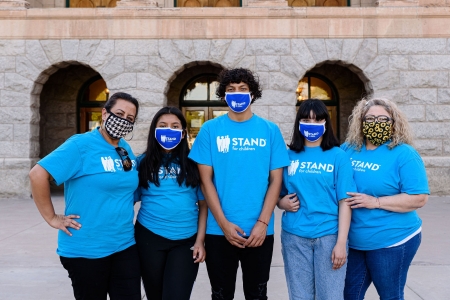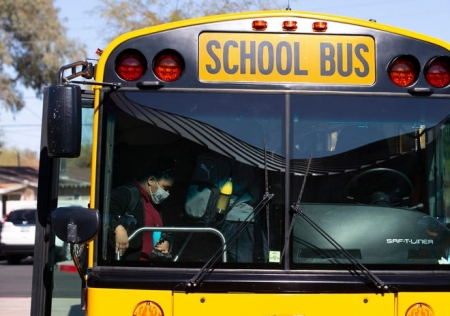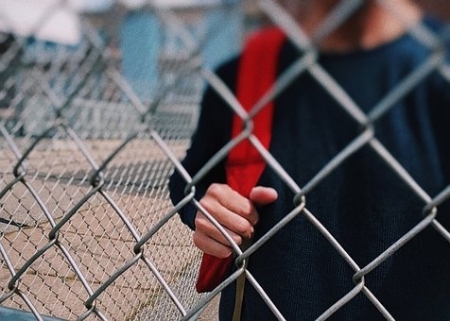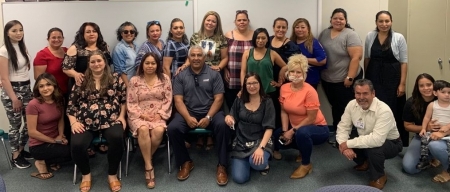Since our founding in 2009, Stand Arizona has been a leading advocate for proven policies,
along with the funding necessary, to ensure all students have access to a high-quality
education. For the past four years, we have co-led the Invest in Education Coalition, which
developed and passed Proposition 208 to help address our state’s chronic public school teacher
shortage, improve our state’s worst in the nation counselor to student ratios, and increase our
state’s low graduation rates.
This bipartisan education budget will help Arizona public schools address these key challenges
in order to increase student achievement and improve education outcomes across the state,
ensure Arizona students are better prepared for life beyond the classroom, and that our
Arizona businesses have the skilled workforce necessary to remain competitive.
The budget includes substantial increases in base funding and significant new formula weights
to help Arizona schools mitigate the impacts of poverty on student achievement and make
significant strides in catching up to the costs of additional learning support provided through
special education. Additional one-time monies will help schools address delayed capital
projects, replace transportation fleets, and upgrade technology.
Throughout the budget process, Stand Arizona worked closely with school-based leaders,
legislators, and education groups across the state. We would especially like to thank the school
district superintendents who came together to create and persistently champion a budget that
will boost student success in every corner of our great state.
As we await Governor Ducey’s signature, we would like to express our appreciation for the
legislature’s support and commitment to public schools demonstrated through the FY23
budget, with particular thanks to those legislators on both sides of the aisle who worked
tirelessly and insistently for a comprehensive package that would advance public schools
statewide.
For the better part of twenty years, major funding for education in Arizona has been secured
through the ballot box and the courts, not the legislature. It is particularly noteworthy that in
honoring the will of the voters expressed in 2020 with the passage of Proposition 208, the
legislature has acted on a bipartisan basis to meaningfully invest in public education.






